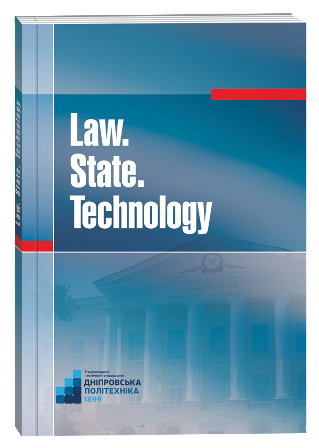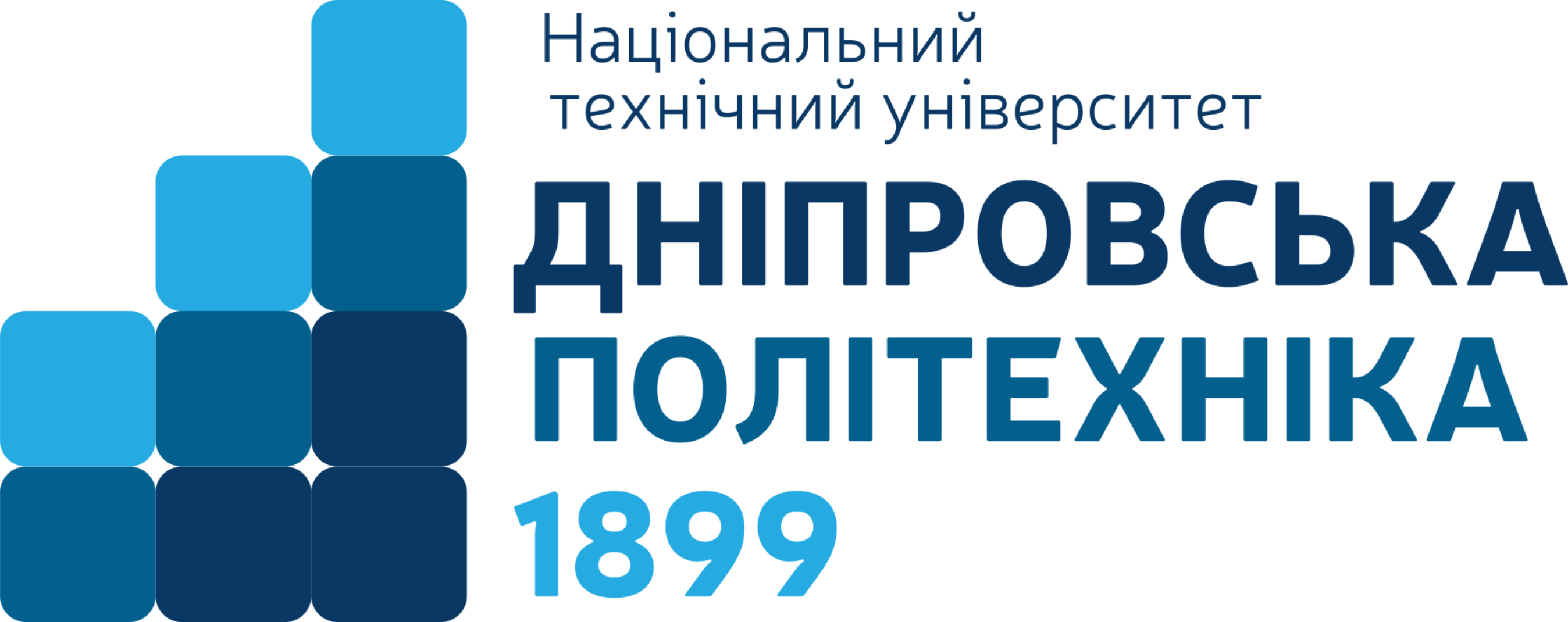LEGAL REGULATION OF IDENTIFICATION DATA MANAGEMENT: UNCITRAL, TRANSBOUNDARY TRUST SPACE
DOI:
https://doi.org/10.32782/LST/2021-4-10Keywords:
identification data management, identification data, identification, identification system, identification data operation, trust, trust space.Abstract
The purpose of the article is to review the legal approaches to the implementation of processes and procedures for identity management; analysis of legal regulation of identification data management mechanisms; elaboration of new directions of research; a review of promising ideas for the legal regulation of identity management based on the materials of the UN Commission on International Trade Law and the UN Economic Commission for Europe. Methodology. The work is part of a series of articles on the problems of legal regulation of identification data management. Previous studies have addressed the issues of legislative regulation of the processes of identification, anonymization and pseudonymization of identification data, as well as the classification and problems of the categorical-conceptual apparatus in this area. The author is currently reviewing the paradigms of legal and technological regulation of identification management procedures and processes being studied by Working Group IV (E-Commerce) of the UN Commission on International Trade Rights, namely: World Bank project identification management regulations; conceptual model of eIDAS-based identification data management; a threetier model of identity management based on proposals from the United States of America; model of cross-border trust in e-commerce at the suggestion of the Russian Federation. Novelty. This article provides an overview of the cross-border trust model in e-commerce at the suggestion of the Russian Federation. This model is characterized by novelty both in the direction of technical implementation and in the direction of legislative regulation of the management of identification data, including in the crossborder mode. Conclusions. This model can be used as a basis for identity management systems in e-commerce and the public sector. At the same time, the model has a number of shortcomings. The mechanisms proposed in the cross-border trust space model in the field of e-commerce can significantly limit the right to free trade and have the characteristics of a tool of a totalitarian system to influence society. The introduction of such a model could lay the groundwork for a mechanism that will significantly limit human rights and freedoms, opportunities for free trade on a global scale and lead to unjustified excessive control over any transactions.
References
A/CN.9/WG.IV/WP.141. United Nations. URL: https://undocs.org/ru/A/CN.9/WG.IV/WP.141 (дата звернення: 15.10.2021).
ECE/TRADE/C/CEFACT/2018/7 URL: https://unece.org/fileadmin/DAM/cefact/cf_plenary/2018_plenary/ ECE_TRADE_C_CEFACT_2018_7R.pdf (дата звернення: 15.10.2021).
A/CN.9/WG.IV/WP.165 United Nations. URL: https://undocs.org/ru/A/CN.9/WG.IV/WP.165 (дата звернення: 15.09.2021).
A/CN.9/WG.IV/WP.145 United Nations. URL: https://undocs.org/ru/A/CN.9/WG.IV/WP.145 (дата звернення: 15.09.2021).








